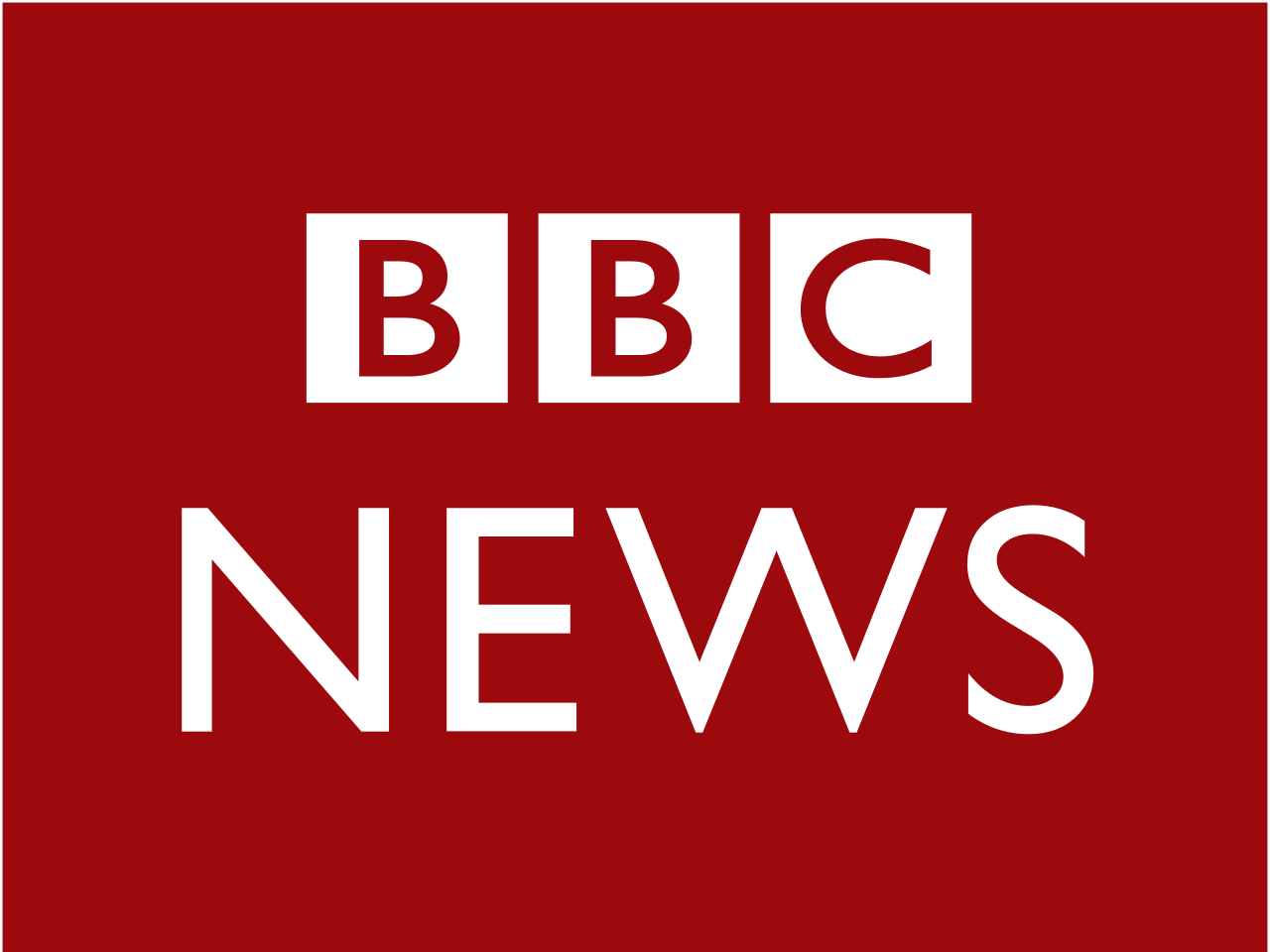UK Energy bills predicted to fall in April to £1,660

Annual energy bills for a typical household are expected to fall by £268 in April, a new forecast suggests.
Consultancy firm Cornwall Insight says bills could drop to £1,660 under the official price cap set by the UK's energy regulator Ofgem.
The energy price cap limits how much suppliers can charge households for each unit of energy they use.
Analysts at Cornwall said a significant decline in wholesale energy prices would lead to the drop in April.
The predicted fall comes as millions are set to see bills rise in January when the next price cap comes into force.
Energy regulator Ofgem said the typical dual-fuel annual household bill would go up from £1,834 to £1,928 in January, a rise of £94.
'Light at the end of the tunnel'
In its latest forecast, Cornwall said it expected bills to continue to fall throughout the year, falling to £1,590 in July before a slight increase to £1,640 from October.
It said the Israel-Hamas conflict, strikes at a liquified natural gas plant in Australia and disruption at a gas pipeline in Finland had so far "failed to materially impact energy supplies".
These factors, coupled with a relatively mild winter to date, have left European gas storage levels above expectations for the remainder of winter, helping to drive down wholesale prices, Cornwall analysts said.
Dr Craig Lowrey, principal consultant at the group, said the dip "may offer a small light at the end of the tunnel".
"The recent stabilisation of international energy markets has trickled down to April's price cap predictions, raising hopes that this downward path will continue throughout the remainder of 2024," he said.
But reflecting on the "highly volatile" wholesale energy market and "unexpected global events," Dr Lowrey said "there are no guarantees the price cap will not rise again".
"Ongoing consultations on potential changes to the price cap, including the standing charge and bad debt collection" he said, could impact the overall price cap level too.
"Ultimately, waiting and hoping that we will avoid another global incident that sends energy prices climbing is not a sustainable strategy for government".
The energy watchdog, Ofgem, sets a maximum price that suppliers can charge customers per unit of gas and electricity
The regulator's price cap affects 29 million households in England, Wales and Scotland. Rules are different in Northern Ireland. Ofgem sets the maximum amount that suppliers can charge for each unit of gas and electricity but not the total bill, so if you use more, you will pay more.
To shield people in England, Wales and Scotland from much higher bills last year, the government introduced a £400 discount for each household, but that scheme has now finished.
But new Ofgem rules which came in on 14 December, require companies to contact vulnerable customers if they miss two monthly or one quarterly payment and check to see if they are having financial problems with their bills.
Energy firms must help by offering affordable payment plans or repayment holidays if appropriate.
It comes as households face paying extra on energy bills to cover customers' bad debts under plans by the industry regulator.
Ofgem has proposed lifting the energy price cap by £16 between April next year and March 2025. It estimates that debt levels for energy customers has risen to £2.9bn.






